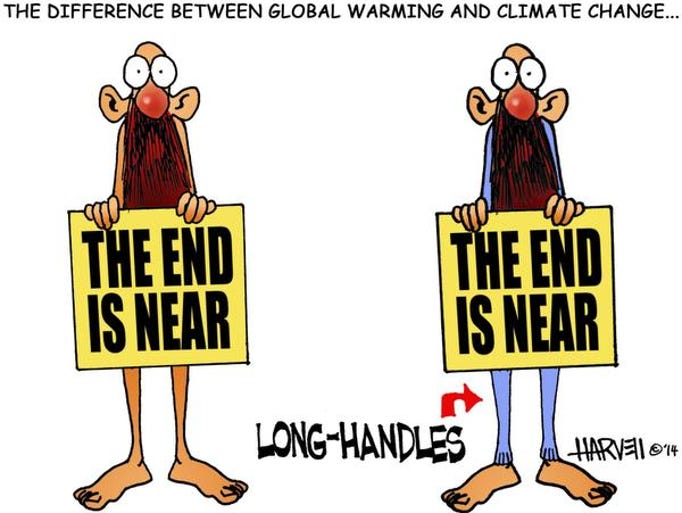Yet, when I write op-eds, I write on a much restricted range of topics. The other day, I was perusing the listing in my CV, and wondered what a word cloud might look like. Economics and geography feature a lot, and so do higher education and India. There are plenty of topics that are not to be found in the CV. For instance, while I have blogged more than a couple of times about the Ukraine-Russia tensions, I have not authored a single op-ed on that, nor am I planning to write one.
The missing topics are for a simple reason: Even this wannabe public intellectual knows his limits.
I am absolutely ok with readers disagreeing with my interpretations and commentaries. But, I don't ever want to be in a situation where a reader thinks, after reading an op-ed of mine, that I have no idea what I am talking about. Hence, despite my passionate opinions on wars, or racism, or climate change, well, I haven't authored any op-ed that are strictly about those issues.
So, why this rambling note about the self?
This op-ed on climate change was the trigger that made me thank my awareness of my own bounded knowledge, especially on highly charged and controversial public policy issues. Am reminded of an old joke that opinions are like armpits--everybody has them and they stink! While I might freely opine here in the blog, an op-ed is not a mere opinion, but an informed and educated interpretation.
Talking and writing about climate change is difficult for another reason--the bottom line is that it is a moral issue that has guidelines for a good life. To think that I am typing all these in a well-lit comfortable home that is warm even though it is sub-freezing temperature outside means that this blog-post alone is reflective of the huge carbon footprint that I have, which I should try to reduce before I preach it, right?
 |
| Estimate your household emissions here |
Thus, as Al Gore found out, it is difficult to be a passionate advocate for a whole bunch of lifestyle changing recommendations when his life was anything but simple--with his mansions and jetting around the world and everything else. Remember the "hippy-crites" route that the Daily Mail went a few years ago? Heck, it gets awkward and difficult to defend one's beef eating, when that is responsible for more damage to the environment than most things that we would imagine.
I agree with Elizabeth Kolbert, who writes at the end of her essay in which she reviews Naomi Klein's This Changes Everything:
when you tell people what it would actually take to radically reduce carbon emissions, they turn away. They don’t want to give up air travel or air conditioning or HDTV or trips to the mall or the family car or the myriad other things that go along with consuming 5,000 or 8,000 or 12,000 watts. All the major environmental groups know this, which is why they maintain, contrary to the requirements of a 2,000-watt society, that climate change can be tackled with minimal disruption to “the American way of life.”Which is all the more why this public intellectual does not write op-eds on climate change, though in this blog I write often about the urgency, and my new favorite German word: energiewende.
It is awfully difficult to practice what you teach. Hey, wait a sec, I wrote a commentary on that many years ago ;)

2 comments:
Yeah, its tough to live what is preached. I believe a good way to make progress on climate change would be to make everybody leave a slightly lesser footprint than yesterday - its is futile to make somebody who is consuming 12000 watts to come down to 2000. It won't happen. But if he cuts it by 10%, even that is good. Perhaps another 10% the year after. Gradualism, I would suggest rather than revolution .......
Yes, gradualism and no revolution is really the inconvenient truth. Because, if we face up to the truth, then every one of us global elites down to the global middle class has to engage in lifestyle changes that will be way beyond what we are willing to do. But, won't it help if we actually engaged in those honest conversations, instead of merely preaching about the global good?
Post a Comment